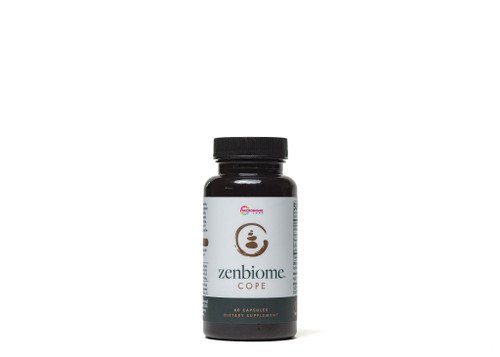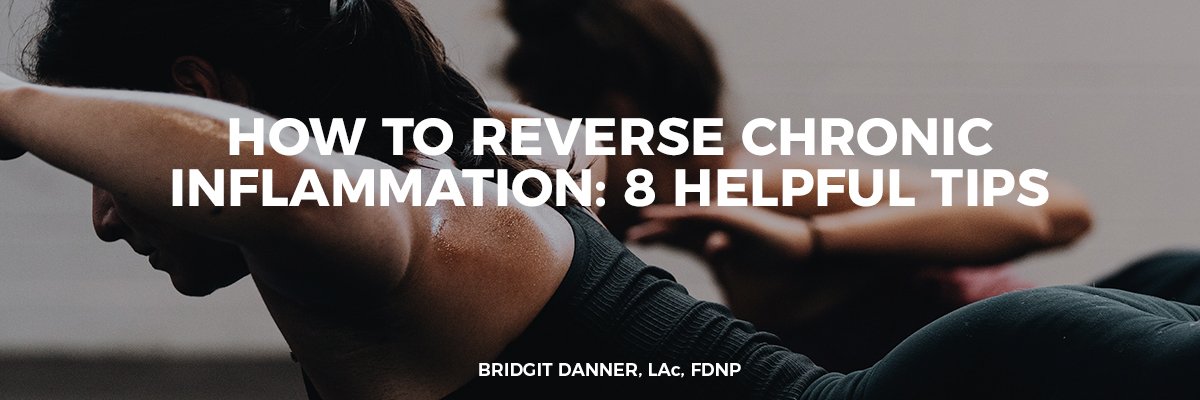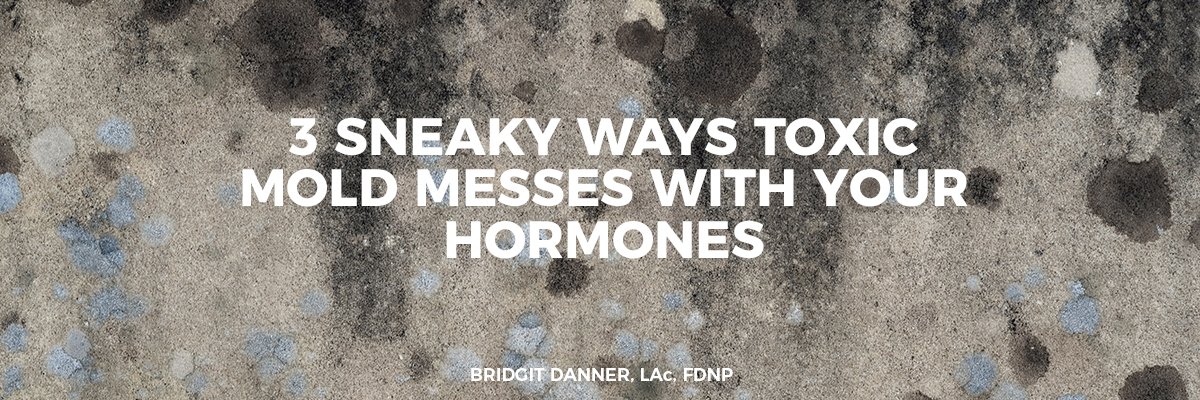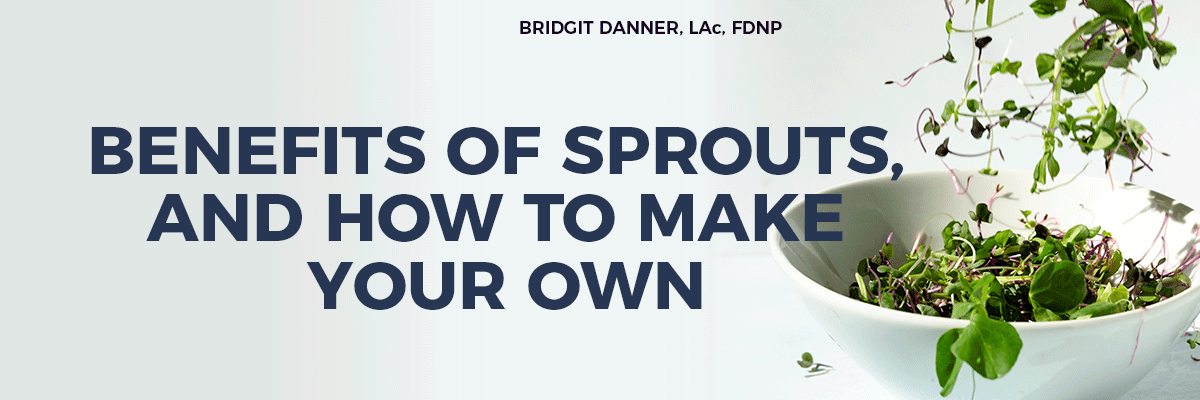We live in stressful times. Nerves are frayed, tempers are short, and energy is lagging. To paint a picture, 19.1% of US adults suffered from an anxiety disorder in the past year. (1) That's 40 million Americans!
But you don’t have to have a full-blown anxiety disorder to feel the disastrous effects of stress. Chronic stress is linked with health conditions such as hypertension, obesity, diabetes, arthritis, and depression. (2)
So clearly, if you want to live a healthy life – you’ve got to get a handle on your stress!
Easier said than done, right? When most people think of stress relief, meditation and yoga are the first things to pop up. Yet, a new unexpected stress-buster is emerging on the scene: your gut bacteria.
That’s right – believe it or not, research shows your microbiome helps you handle stress. This means rebalancing your gut may be the ticket to a better stress response. So let’s explore how your gut bacteria influence how you react to stress.
The Gut-Brain Connection
Did you know your gut and brain communicate with each other? This two-way conversation is known as the gut-brain axis. And it all happens courtesy of your vagus nerve.
What Is the Vagus Nerve?
The vagus nerve is the largest nerve in your body. It runs from your brain down into your abdomen and is the hub of your parasympathetic nervous system – aka “rest and digest” mode.
The vagus nerve serves as a two-lane highway connecting your gut and brain. And while the traffic is two-way, most of it goes from your gut to your brain. (3) The fibers of your vagus nerve connect to the cells of your gut lining (epithelium).
These fibers help relay important information about what’s going on in your gut. Your brain takes these messages in to make decisions about digestion, including:
Motility
Gastric acid secretion
Adjusting permeability of the gut lining
Secreting anti-inflammatory compounds
And more…
The trouble is, when you’re stressed, this communication breaks down. And when the vagus nerve no longer knows what’s going on in your gut, it stops releasing anti-inflammatory compounds.
Luckily, there are simple things you can do to stimulate the vagus nerve to keep the lines of communication open. Stimulating your vagus nerve activates your parasympathetic nervous system, making you more resilient to stress.
Strategies for stimulating the vagus nerve include:
Singing and humming
Gargling
Cold water therapy
Deep, slow breathing
Meditation
Laughter
Probiotics
How Stress Affects Your Gut
When you’re stressed out and enter “fight or flight” mode, a cascade of chemicals travels throughout your body.
Stress hormones such as cortisol and adrenaline shoot up, telling your body it’s time to fight for your life – or run like heck!
Your heart rate and blood pressure rise and your breathing speeds up as well. When you’re in this stressful state, messages are sent to your brain via your vagus nerve. This activates your HPA-axis (Hypothalamic-Pituitary-Adrenal axis).
Your HPA-axis consists of your adrenal glands, vagus nerve, and limbic system. The amygdala – part of your limbic system – is the area of your brain in charge of the “fight or flight” response.
In this emergency mode, energy is diverted away from non-essential tasks such as digestion, reproduction, and repair.
This is fine if the stress is short-lived. But for many, stress is ongoing. And living in this stressed-out state non-stop makes it next to impossible to heal from chronic illness.
Yet this energy diversion affects your gut microbiome as well. Chronic stress creates inflammation. And research shows inflammation can set the stage for pathogenic bacteria to take over – leading to dysbiosis. (4) Stress can also cause changes to intestinal permeability, creating a “leaky gut.” (5)
How Does Your Microbiome Affect How You Handle Stress?
Okay – so we know stress harms your gut. But your gut bacteria can also affect how you deal with stress and anxiety.
Here are a couple of ways your microbiome helps you manage stress:
1.Produces Short-Chain Fatty Acids
Your beneficial bacteria ferment fibers from your food and produce short-chain fatty acids (SCFAs). These anti-inflammatory compounds protect your gut lining, regulate your gut pH, and fend off harmful pathogens.
And there’s evidence that SCFAs may also promote a healthy stress response. In one study, mice given SCFA supplements were more resilient to stress and showed fewer signs of depression and anxiety. (6)
In another study, patients were given a prebiotic fiber supplement. Prebiotics act as food for your gut bacteria, allowing them to produce SCFAs. They found that the patients who took prebiotics had lower cortisol levels upon rising. (7)
The problem is, if the microbiome gets unbalanced, and the bad bacteria crowd out the good ones, your health and stress response suffers.
2. Serves as a Neurotransmitter Factory
Your gut bacteria produce a bevy of mood-boosting neurotransmitters, including serotonin, dopamine, norepinephrine, and GABA. (8)
In fact, it’s estimated that 95% of your body’s serotonin is produced by your beneficial bacteria! (9) Serotonin serves as a mood stabilizer and helps regulate anxiety and depression.
This may explain why gut dysbiosis is often linked with anxiety and depression. (10) That’s why microbiome research is now studying how to use probiotics to impact mental health.
And they’ve found that certain bacterial strains may help you become more resilient to stress and boost your mood.
What Are Psychobiotics?
Psychobiotics are beneficial bacterial strains that support the gut-brain axis. They’re essentially the VIPs of your microbiome when it comes to your mental health. Psychobiotics may help relieve anxiety, ease depression, and support a positive stress response.
Here are a few bacterial strains that have been dubbed psychobiotics:
Lactobacillus plantarum
Lactobacillus helveticus
Lactobacillus rhamnosus
Bifidobacterium longum
Bifidobacterium infantis
All the above strains are shown to impact neurotransmitter levels and ease depression and anxiety symptoms. (11) But of the bunch, one strain seems to be the shining star for stress: Lactobacillus plantarum 1714.
This unique strain is proven to support a healthy stress response by targeting the HPA-axis. Studies show that supplementing with Lactobacillus plantarum 1714 reduces stress behaviors and even improves memory. (12)
And Microbiome Labs now offers two new products that contain this unique strain!
Introducing Zenbiome Cope
ZenBiome Cope contains the cutting-edge Lactobacillus plantarum 1714 strain – along with targeted nutrients and herbal extracts that help ease stress and support a positive mood.
ZenBiome Cope pairs Lactobacillus planatarum 1714 with B-vitamins and saffron extract to boost your mood and build stress resilience. It also helps you get/stay in ‘flow state.’
And you can now find Zenbiome Cope in our shop!
There’s a reason these products are the darlings of the functional medicine community – they work!
Here’s what some community members have had to say about Megasporebiotic:
“It literally cured my IBS. I will never use another probiotic.” -Charla L.
“I have experienced a big shift in my health since taking Megasporebiotic. I recommend it all the time and have heard great reports from others too. I have suffered from gut issues for a long time and I’m so glad I found this probiotic! It really has made a difference. I highly recommend it.” -Danielle D.
You can check out our entire line of Microbiome Labs products by clicking here.
Want to Learn More? Watch the Webinar
Itching to learn even more about how your microbiome helps you handle stress? Then I invite you to attend our upcoming webinar. I’ll be speaking with gut health expert, microbiologist, and fan-favorite Kiran Krishnan.
We’ll talk about how to increase microbiome diversity, protocols, psychobiotics, and much more!
Bridgit Danner, LAc, FDNP, is trained in functional health coaching and has worked with thousands of women over her career since 2004. She is the founder of Women’s Wellness Collaborative llc and HormoneDetoxShop.com.
Check out her easy 5-Day DIY Detox Guide here!













I was introduced to CoQ10 as an supplement about 4 years ago. At the time, I was in the middle of detoxing from mold, and I had already spent a lot of money on trying to heal. I was skeptical to try yet another thing, but the truth was that I was only about 50% better, which is not enough at all. So I tried it…